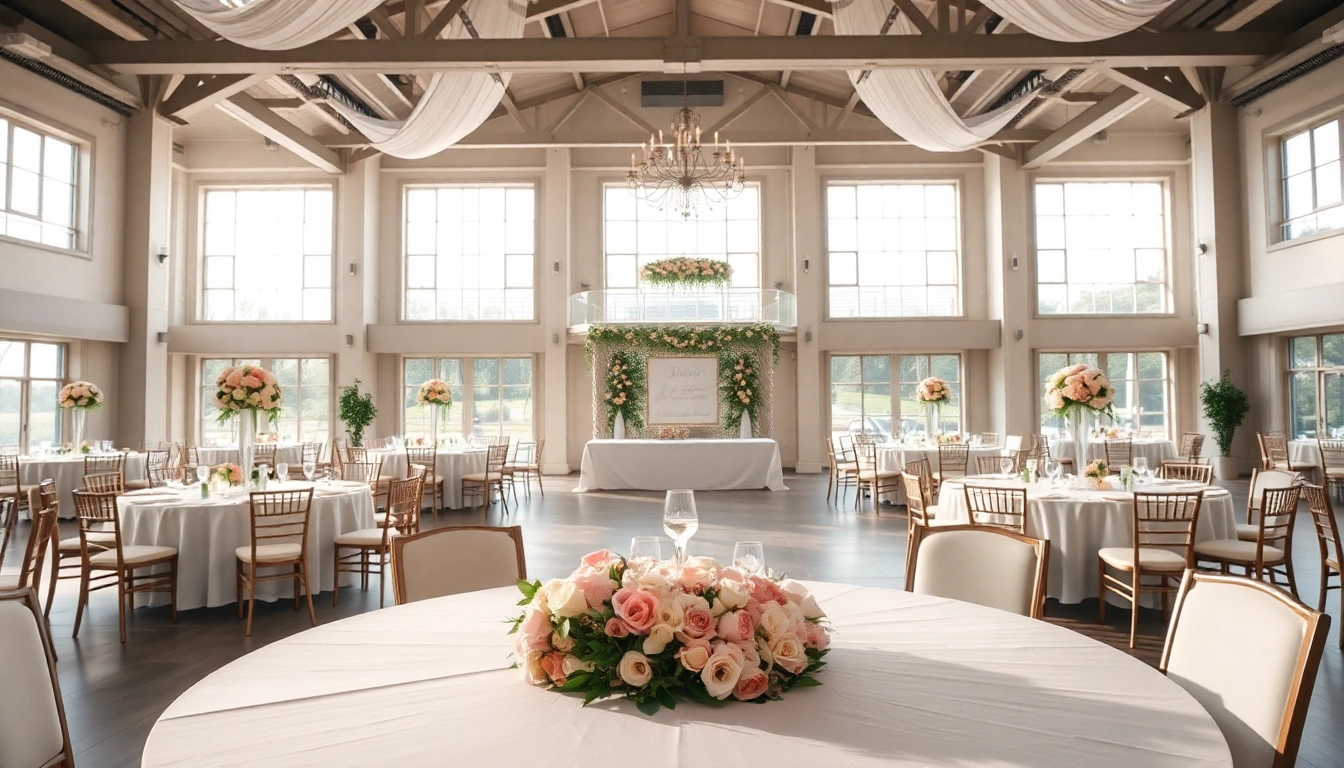Understanding the Role of a Relationship Coach
In our increasingly complex world, relationship dynamics can become fraught with misunderstandings and emotional turmoil. This is where the role of a relationship coach comes into play. A relationship coach is a professional who aids individuals and couples in navigating their relational challenges, bolstering healthy communication, and fostering deeper connections. By focusing on actionable strategies and individualized guidance, a relationship coach empowers clients to understand their patterns while equipping them with the tools necessary for positive interactions.
What is a relationship coach?
A relationship coach is distinct from a therapist; the former emphasizes practical tools and goal-oriented strategies to improve relationships. They work with clients to identify their goals, confront challenges, and establish practical methods for resolution. Whether it is for romantic partnerships, friendships, or familial ties, a relationship coach fosters an environment where clients can examine their relational dynamics without the stigma often associated with traditional therapy.
Benefits of working with a relationship coach
The value of engaging a relationship coach can be profound. Here are some of the key benefits:
- Personalized Guidance: Coaches tailor their approaches based on the unique dynamics and needs of each client.
- Skills Development: Clients learn valuable skills like communication, assertiveness, and emotional intelligence.
- Goal Orientation: A relationship coach aids in setting and achieving specific personal or relational goals, making progress tangible.
- Objective Perspective: Coaches provide an impartial viewpoint that can help clients see their situation more clearly.
- Accountability: Regular sessions encourage clients to remain committed to their personal growth and relationship improvement efforts.
Common misconceptions about relationship coaching
Despite its effectiveness, relationship coaching can be misunderstood. Here are some common misconceptions:
- Coaching is the same as therapy: While both can be beneficial, they serve different purposes and methods.
- Coaches will solve all your problems: Coaches guide clients in identifying and resolving their issues, but clients must engage actively in the process.
- Only couples can benefit: Individual clients can grow and learn to improve their relationships with family, friends, and colleagues, even without a partner present.
Key Techniques Used by Relationship Coaches
Communication strategies for success
Effective communication is essential for any healthy relationship. A relationship coach teaches clients strategies such as active listening, expressing themselves clearly, and understanding non-verbal cues. Techniques often include:
- I-statements: Clients learn to express their feelings with “I” statements (e.g., “I feel hurt when…”) to avoid blame and foster understanding.
- Reflective listening: Coaches encourage clients to articulate what they have heard in a conversation to ensure clarity and avoid miscommunication.
- Time-outs: Clients may be taught to take breaks during heated discussions to cool down and re-approach conversations more rationally.
Conflict resolution methods
Conflict is a natural part of any relationship, and learning how to manage and resolve it can harness relationship growth. Coaches provide clients with tools like:
- Identifying triggers: Clients are guided to recognize what triggers conflicts in their relationships and how to navigate these triggers effectively.
- Compromise and cooperation: Coaches help clients understand the importance of finding common ground and the value of compromise in fostering harmony.
- Mediation techniques: Occasionally, a coach may assist clients directly in mediating conflicts, encouraging open dialog between parties to reach resolutions.
Goal-setting for healthy relationships
Setting goals is fundamental to creating change. A relationship coach works with clients to define achievable, realistic goals that can lead to long-term improvements. This often involves:
- Visioning exercises: Clients are encouraged to envision what their ideal relationship looks like, which can serve as a motivating force.
- SMART goals: Coaches help clients set Specific, Measurable, Achievable, Relevant, and Time-bound goals to facilitate clear tracking of progress.
- Regular check-ins: Establishing accountability through regular sessions helps ensure clients remain focused on their relationship goals.
How to Choose the Right Relationship Coach
Identifying your needs and expectations
Before searching for a relationship coach, it’s essential to identify your specific needs and expectations. Consider what aspects of your relationship you wish to improve, whether it be communication, intimacy, or conflict resolution. Articulating these goals will narrow your selection criteria significantly.
Evaluating qualifications and expertise
When selecting a relationship coach, consider their qualifications and background. Look for coaches with:
- Certifications: Valid certifications from reputable programs lend credibility and ensure they have undergone adequate training.
- Experience: A coach’s experience may indicate their ability to handle varied relationship dynamics effectively.
- Client testimonials: Reviews and case studies can provide insight into a coach’s success and methodology.
Questions to ask during consultations
Scheduling an initial consultation provides the opportunity to gauge the right fit. Here are questions to consider asking:
- What is your coaching style, and how do you tailor your approach to meet individual client needs?
- Can you share success stories or case studies from clients with similar challenges?
- What is your experience with clients facing similar situations, and how have you helped them?
Navigating Challenges in Relationship Coaching
Understanding resistance to coaching
Resistance to coaching often arises from fear of change or discomfort with vulnerability. It is crucial for a relationship coach to acknowledge these feelings and work to create a safe environment where clients feel comfortable exploring their concerns.
Overcoming emotional barriers
Clients may face emotional barriers that impede their growth. A skilled relationship coach can employ various techniques, such as therapeutic communication and empathy-building exercises, to help clients work through these barriers. Recognizing emotional responses, like fear or anger, as valid aids in facilitating open discussions can lead to breakthroughs.
Measuring progress and success
Establishing metrics for success is essential in tracking progress in relationship coaching. Coaches often implement methods such as progress journals, feedback loops, or periodic reviews of achieved goals to help clients visualize their journey and maintain motivation.
The Future of Relationship Coaching
Emerging trends in coaching
The field of relationship coaching is evolving, with several emerging trends shaping the way coaches operate. Some of these include:
- Integrative coaching: Blending coaching with therapeutic techniques to provide a more holistic approach to client issues.
- Group coaching: Utilizing peer support to facilitate learning from shared experiences, fostering community-building.
- Niche specialization: Coaches increasingly focus on specific relationship types or issues, such as dating, marriage, or LGBTQ+ counseling.
The impact of technology on relationship coaching
Technology continues to reshape various industries, including relationship coaching. Virtual coaching options via video calls or apps provide accessibility to clients regardless of location. The growth of online communities fosters connection and support among clients working on similar issues, while resources such as podcasts and webinars can supplement learning.
Holistic approaches to relationship wellness
More relationship coaches are adopting holistic treatments that address emotional, physical, and spiritual aspects of well-being. Incorporating mindfulness practices, self-care strategies, and stress management techniques can holistically improve relationship quality, as overall well-being impacts relationship health.



